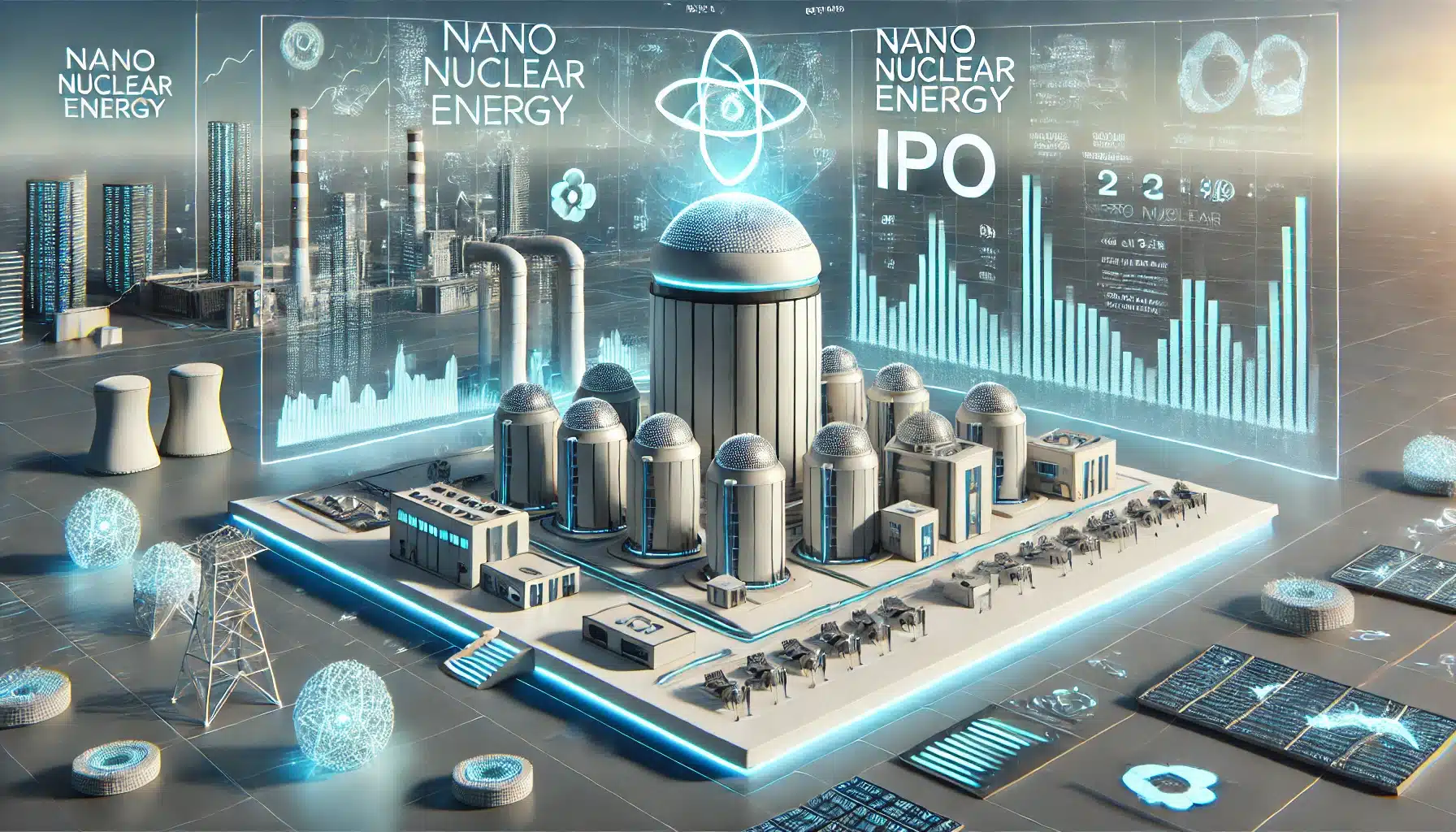Another significant competitor is TerraPower, co-founded by Bill Gates, which focuses on developing advanced nuclear reactors, including designs that use different fuel types and incorporate new safety features. TerraPower’s reactors, like NNE’s, are intended to provide cleaner, more sustainable energy, with an emphasis on both safety and efficiency. TerraPower’s extensive research and high-profile backing make them a formidable player in the advanced nuclear field.
X-Energy is another competitor that specializes in high-temperature gas-cooled reactors, a different type of advanced nuclear technology. X-Energy’s reactors are designed for flexibility and safety, aiming to provide clean, emission-free energy similar to NNE’s goals. With significant government backing and private partnerships, X-Energy competes in the same space, seeking to revolutionize nuclear power by making it more accessible and safer.
In addition to these companies, Rolls-Royce has entered the SMR market, leveraging its engineering expertise to develop nuclear reactors that are smaller, modular, and scalable. The company’s reputation in engineering and its history in nuclear technology give it a strong position as a competitor in the small reactor sector. Rolls-Royce aims to create efficient and cost-effective solutions for countries looking to expand their nuclear energy capacity.
Globally, other players like Copenhagen Atomics and Moltex Energy are also developing innovative nuclear reactors, particularly focusing on molten salt reactors and other advanced designs that aim to make nuclear energy safer, more efficient, and more environmentally friendly.
All of these competitors share NNE’s goal of providing safe, clean, and scalable nuclear energy, but they each approach the challenge with slightly different technologies and business strategies. The overall nuclear landscape is competitive, with multiple companies working on similar goals, driven by the increasing need for clean, reliable energy as part of the global shift away from fossil fuels.
NNE Competitive Advantage
Nano Nuclear Energy (NNE) holds a competitive advantage through its focus on developing compact, small modular reactors (SMRs) that are portable, scalable, and highly adaptable. What sets NNE apart from many of its competitors is its emphasis on miniaturization and the ability to deploy these reactors in a variety of environments, from urban areas to remote regions. This flexibility allows NNE to offer solutions that traditional large-scale nuclear plants cannot, providing energy to places with limited or no existing infrastructure, such as island nations, remote communities, or military installations.
Another key aspect of NNE’s competitive edge is its emphasis on safety through advanced design. Their reactors incorporate passive safety features, such as systems that automatically cool down the reactor without needing human intervention or external power. This reduces the risk of accidents and addresses one of the main public concerns about nuclear energy—safety. By designing reactors that are inherently safer, NNE positions itself as a leader in making nuclear energy more acceptable and widely deployable.
NNE’s reactors are also designed with scalability in mind. Unlike traditional nuclear plants that require large capital investments and long construction timelines, NNE’s SMRs can be mass-produced and deployed quickly. This scalability makes them attractive to countries and regions looking for rapid, clean energy solutions without the typical financial and logistical burdens of building large nuclear power plants.
Additionally, NNE focuses on sustainability by providing a reliable, zero-emission energy source. As the world increasingly shifts toward renewable energy, NNE’s small nuclear reactors offer a consistent power solution that complements intermittent energy sources like wind and solar. This versatility makes NNE’s technology highly valuable in regions striving to reduce their carbon footprint while maintaining a reliable energy supply.
By combining advanced safety features, scalability, portability, and a focus on clean, emission-free energy, Nano Nuclear Energy has a unique competitive advantage in the nuclear energy space, making it well-positioned to meet the growing global demand for reliable and sustainable power solutions.
On May 7, NNE announced the pricing of its NASDAQ IPO.

